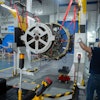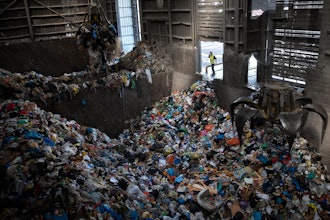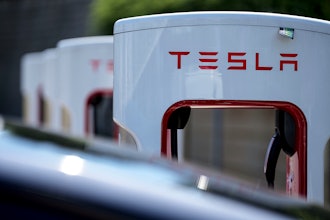BERLIN (AP) -- President Barack Obama's administration will be guided by a mix of "science and pragmatism" as it helps craft a global deal on climate change, the top U.S. climate official said Friday.
Todd Stern said that would help the administration avoid a repeat of what happened with the 1997 Kyoto Protocol, when U.S. officials negotiated a deal in Japan that failed to win domestic support.
The U.S. refusal to join the program to reduce emissions drew sharp international rebuke, and fueled views that George W. Bush's administration was opposed to global cooperation and environmental preservation.
On the eve of talks marking the Obama team's debut in the U.N. climate change negotiations, Stern said the U.S. is committed to getting a deal that will help prevent the devastating effects of global warming -- and also be politically viable.
"We do not have any interest in the United States in having a repeat of the Kyoto experience, where we signed an agreement that is dead on arrival when we brought it back home," Stern told reporters at the U.S. Embassy in Berlin.
"We need to be guided on this internationally by a combination of science and pragmatism," he said. "It does not serve anyone to do a week-kneed compromise that doesn't move us in the direction that the science is telling us we need to go."
"By the same token, it doesn't serve anybody to have an agreement that is scientifically pristine and perfect and which cannot be supported by our public back home," Stern added.
Stern was named special envoy for climate change by Secretary of State Hillary Rodham Clinton. He was the chief U.S. negotiator at the Kyoto Protocol talks in the administration of former President Bill Clinton.
Stern heads to Bonn this weekend for the opening of talks running March 29-April 8 -- the latest round in an effort to seal a successor deal to Kyoto in Copenhagen, Denmark, this December.
Stern said he hopes the U.S. Congress can pass domestic legislation in the coming months which would back up any international commitments that Washington would make as part of the treaty.
He stressed, however, that a failure to pass legislation by December would by no means spell doom for a Copenhagen deal.
Obama has said he wants to reduce sharply emissions of greenhouse gases responsible for rising sea levels, increasingly unpredictable weather patterns and other environmental problems.
During his election campaign, he pledged to reduce carbon emissions to 1990 levels by 2020, and 80 percent by 2050. He earmarked about $80 billion for renewable energy technologies in his economic stimulus bill of nearly $780 billion.
"It is a core priority for the president -- both at the domestic level and the international level -- and I wanted to signal that by coming personally" to the beginning of the talks in Bonn, Stern said.
"Frankly, the United States has been on the sidelines as far as we're concerned for the last eight years and that's going to stop," Stern said.






















